Understanding the Menstrual Cycle
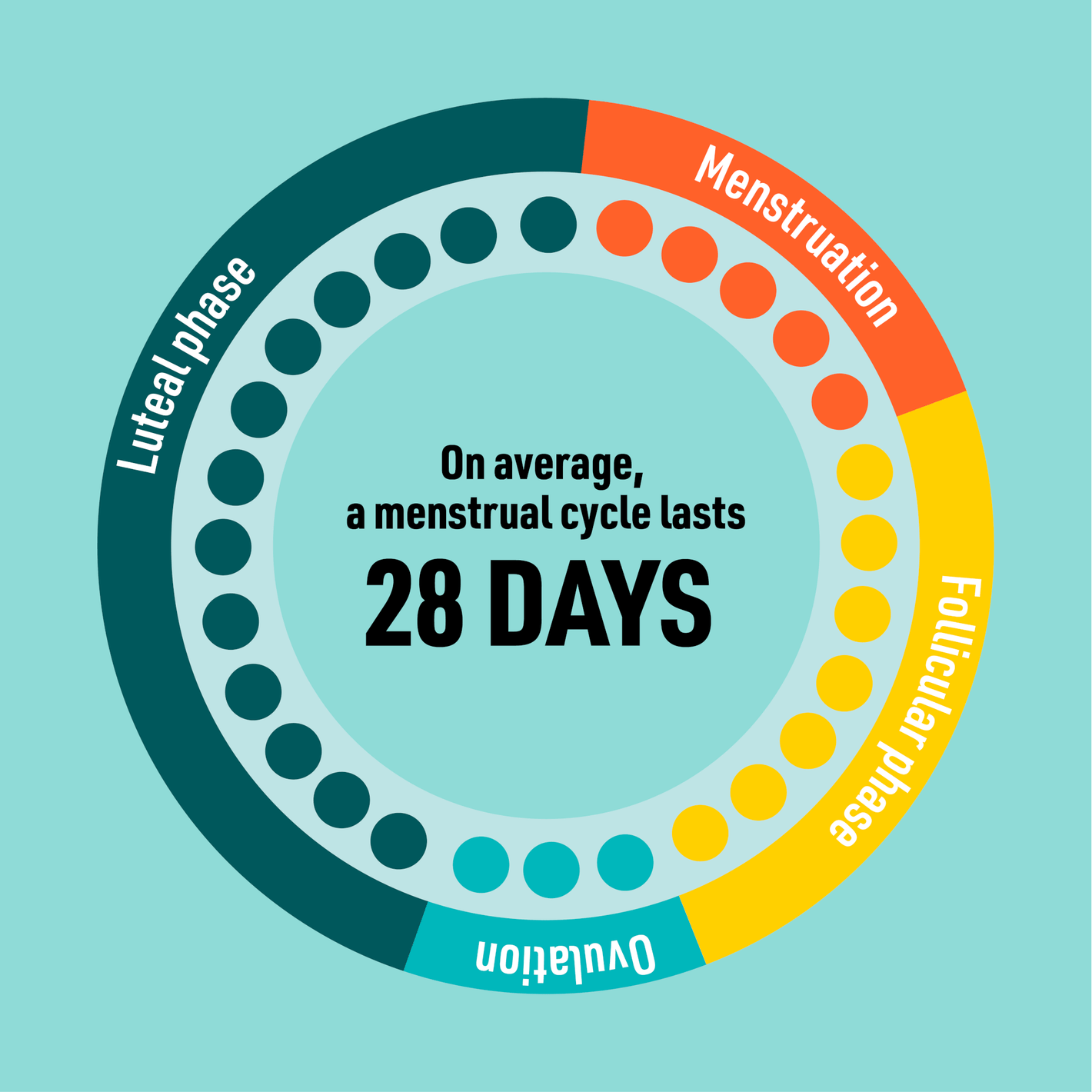

The menstrual cycle is a continuous sequence of events that a woman experiences during her reproductive years, i.e., starting from puberty to menopause. During this cycle, an egg is developed in the ovary (under the influence of follicle-stimulating hormone), and the uterine lining is developed to receive this egg. If the egg is not fertilised, the developed uterine lining is shed during menstruation (period).
It is a continuous 28-day cycle, divided into two phases: the follicular and luteal phases. In another article, we have detailed the information about the basics of the menstrual cycle. Click here to read it.

During the reproductive years, women experience various issues related to their menstrual cycles, e.g., irregular periods, abnormal uterine bleeding, changes in the cycle length, etc. Understanding these issues is very important for optimum reproductive health. We are going to summarise some of these issues.
The standard menstrual cycle is 28 days long. However, it is rarely so regular. Minor changes and irregularities are normal. However, if you have a long, short, or missed period, it could be due to some underlying condition. First, you should know what an abnormal change in the menstrual cycle is.
Minor menstrual cycle length changes are normal and not clinically relevant. Slight differences in the cycle are a few days plus or minus from the standard 28 days. An abnormal cycle is a cycle that has variations exceeding 7-9 days from this 28-day standard,
Most women experience changes in the duration of menstrual periods, however, changes can also occur with other phases of the cycle. Let's understand what can cause a difference in the cycles.
The events of the menstrual cycle are influenced by the hormones produced by the pituitary gland, i.e., follicle-stimulating hormone (FSH), which causes the growth of the egg and the luteinising hormone (LH), which causes the release of the mature egg. Hormonal contraceptives disturb these hormones.
Most hormonal contraceptives suppress ovulation, i.e., the release of the egg from the ovary. Ovulation is mandatory for normal periods. Suppression of ovulation means the contraceptive users are expected to have abnormal periods. However, some people do experience vaginal bleeding regularly, resembling periods. However, some women may not experience any bleeding at all.
Period irregularities due to hormonal contraceptives are normal. However, if you are uncomfortable with these changes, you should speak to the doctor and ask him to make the necessary adjustments.
During pregnancy, a woman is not likely to experience periods. Slight spotting or missed periods are often the first sign of pregnancy. However, pregnancy also causes some other symptoms, e.g., tender and painful breasts, morning sickness, nausea, changes in senses etc.
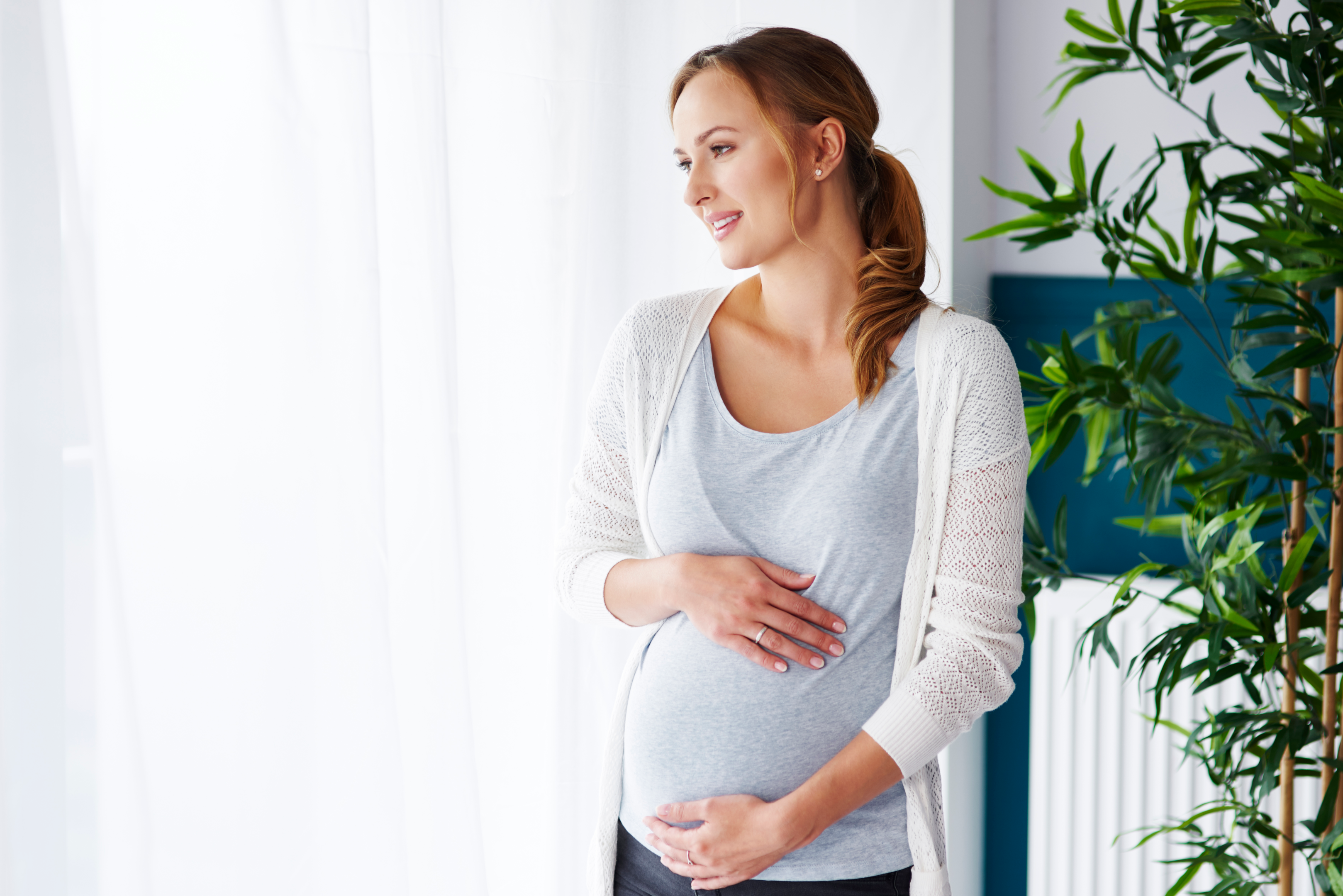
A home pregnancy test can tell you if the cause of missed periods is pregnancy or something else. The pregnancy causes cessation of periods. However, the period begins soon after the end of pregnancy.
If you suspect pregnancy, our Pregnancy Blood Test can help you. It detects the presence of human chorionic gonadotropin (hCG) in the blood, which is the early biomarker of pregnancy. Click here to place your order.
If you are in your 40s, your period irregularities could be due to perimenopause, the initial phase of menopause, which is experienced some years (average 4 years) before menopause. During this phase, the periods become irregular, then become more and less often and stop completely after menopause.
If you have the following signs, your irregular periods are likely to be due to perimenopause;
Vaginal dryness
Sleep disturbances
Mood swings
Night sweats
Hot flashes
The symptoms of perimenopause are also common with some other issues, e.g., thyroid problems. The doctor may recommend blood tests to determine the exact cause of the symptoms. Keep in mind that menopause and perimenopause is not a disease that requires treatment.
These are normal physiological changes, and you need to address each symptom separately, as recommended by the physician.
It is one of the most common causes of irregular periods. The cysts develop on the ovaries, leading to the cessation of ovulation and, thus, irregular periods. This condition also results in high levels of androgen, the male hormone.
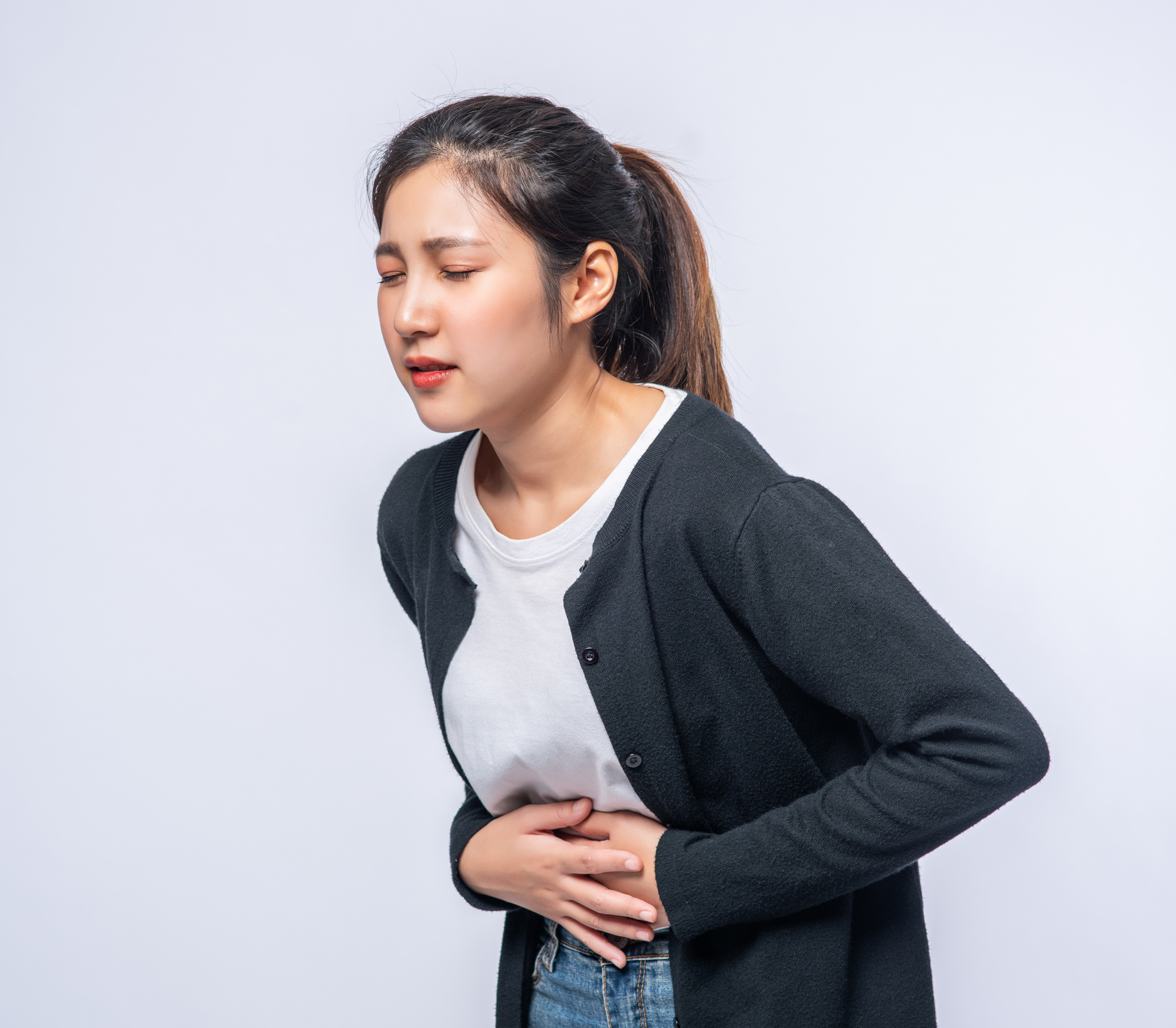
A woman with this condition is likely to miss periods or experience exceptionally heavy periods when the periods arrive. If you have the following symptoms, your menstrual irregularities are possibly due to PCOS;
Insulin resistance
Difficulty in conception and maintaining pregnancy
Weight gain
Increased risk of endometrial cancer
Increased risk of cardiovascular diseases
Hair loss
Oily skin
Acne
Excessive hair growth on the body
High and chronic stress is perhaps the most underestimated cause of menstrual irregularities. The effects of stress on the periods were particularly studied during the COVID-19 pandemic when the population was exposed to chronic stress. It was noted that people who self-reported them to be influenced by the COVID-19 stress were more likely to have irregular heavy periods.
Another recent study published in Open Medicine in 2022 found that menstrual irregularities were also common after the vaccination for COVID-19, particularly after the second dose.

During stress, the body releases hormones, e.g., cortisol, adrenaline, etc. These hormones negatively affect the reproductive hormones (which regulate the menstrual cycle), causing irregular periods.
Besides these well-known causes, some less common but important factors can also cause menstrual cycle irregularities. These include;
Endometrial and cervical cancer: These cancers can cause bleeding resembling the periods on and off. It becomes difficult to track the periods.
Drugs: Some drugs are also enlisted as a cause of menstrual changes. These include;
Anticancer chemotherapy
Antidepressants
Epilepsy drugs
Blood thinners, e.g., aspirin
Nonsteroidal anti-inflammatory drugs (NSAIDs), e.g., ibuprofen etc.
Heavy exercise: Female dancers and athletes often experience these issues because heavy exercise is known to disturb the hormones responsible for periods.
Weakness and being underweight: Excessive weakness and being underweight can depress the activity of the hypothalamus, the part of the brain that controls the secretion of reproductive hormones. Your period irregularities are likely due to weakness if you are also experiencing low mood, loss of concentration, tiredness, hair thinning, dry skin etc.
Endometriosis is a condition in which the tissue resembling the endometrium (the inner lining of the uterus) develops outside the uterus lining. It results in pain and infertility. The common symptoms are excessively long periods with heavy bleeding and bleeding between the periods. Bowel movements and sexual intercourse become painful.
Uterine fibroids: These are benign growths that develop along the inner wall of the uterus. They are variable in size and can cause heavy, painful and longer periods.
Thyroid issues: The thyroid hormones also influence the secretions of the reproductive hormones as they modulate the development and metabolism of the placenta, ovaries and uterus. Therefore, both hypothyroidism and hyperthyroidism can cause changes in the menstrual cycle. You can also note a visible change in your thyroid gland, which is present in your neck.
These changes are, however, also accompanied by the other signs of thyroid disturbances, e.g., excessive sweating, hair thinning, trembling or twitching, palpitations etc.
Period irregularities are very common, particularly for women with a history of reproductive issues. However, any abnormal and persistent change should be reported to the health professionals and treated as they advise.
Our Well Woman Blood Test can help you find the reason if you suspect any issues with your reproductive health. It detects the levels of various biomarkers related to sexual health in the blood, whose levels indicate sexual health. Click here to order your test kit.
The menstrual cycle is a part of life. However, defining a 'normal' menstrual cycle is confusing. Everything is unique for everyone, and each woman has her own set of 'regularities' and 'irregularities'. The release of an egg and the formation of the corpus luteum (which produces progesterone) are common events.
The most commonly accepted average length of the menstrual cycle is 28 days, meaning most women will have a cycle length close to it. If you had consistent periods in the past, any change becomes easily detectable. The difference in the menstrual cycle should be at least 7-9 days for the change to be clinically relevant. Let me summarise some situations that can result in a shorter or longer cycle.
The menstrual cycle's most expressive and variable phase is the menstrual phase (periods). Its length can be anywhere from 2 to 7 days. The shortening of the cycle is mostly attributed to a short menstrual phase. The reasons for a short menstrual phase are;

Too much exercising: Normal exercise has little to no influence on the cycle length. However, excessive exercise-related activities can reduce the menstrual phase, or you may not have any periods. Extreme exercises influence the hypothalamus to reduce the level of the ovulatory hormone.
So, consult your gynaecologist if you are going to the gym to build heavy Ab's.
You have chronic stress: Chronic stress interrupts the ovulation process, thus reducing the length of the menstrual phase.
Breastfeeding also impacts the hormones and prevents ovulation by disturbing the hormones. The hormone which causes milk let-down, i.e., prolactin, also prevents ovulation by suppressing the luteinising hormone (LH). Therefore, period disturbances are common if you are breastfeeding heavily.
You are taking some drugs: Some drugs that can shorten the menstrual cycle are contraceptives, IUDs, anti-epilepsy drugs, antidepressants, thyroid drugs etc. These drugs can cause the shortening of the periods or vice versa.
You are in the premenopausal phase: This phase starts years ahead of periods and can result in gradual shortening and the ultimate end of the cycle. The other symptoms of perimenopause are mentioned in the above section.
Besides these factors, your menstrual cycle can go short due to many other causes. Consult the doctor in case of the regular straightforward process.
The same factors can go the other way to increase the cycle's length. However, some more factors causing the elongation of the process are;
Hypothyroidism: Low levels of thyroid hormones will result in lower levels of reproductive hormones. The process will linger on but with a lower intensity.
Bleeding disorders, e.g., Willebrand disease, haemophilia, etc., resulting in exceptionally long cycles.
Obesity: Obesity is responsible for irregular periods but also miscarriage and other issues.
Pelvic inflammatory disease: It can result in infections of reproductive organs, leading to delaying or absence of periods.
Cancer: Cancers of reproductive organs, particularly ovarian cancer, can also prolong or completely disrupt the menstrual cycle.

The duration of the menstrual cycle is influenced by various factors e.g., body weight, smoking status, age, marital status, stress levels, alcohol consumption, education level etc. But how does sex influence your menstrual cycle? Do sexually active women have a different process than sexually inactive women? Let's explain how they are related.
The ovaries produce oestrogen and progesterone during the Menstrual cycle, and these hormones directly influence the sex drive (libido). The concentrations of both of these hormones are low during the periods and a few days after periods, resulting in low sex drive.

However, by ovulation, the oestrogen level reaches its peak. Thus a woman will have more sexual desire. After ovulation, the level of oestrogen falls and that of progesterone begins to rise so that you will have decreased libido during the cycle's luteal phase.
The length of the menstrual cycle varies from woman to woman. However, the standard size is 28 days. How does sexual intercourse influence this period? Various studies have attempted to answer this question. In general, the women who have more regular and consistent sexual intercourse, the length of their menstrual cycle is more frequent and has small variations. The women having inconsistent sexual life, the process shows a wider spectrum of range.

For example, a 2008 study published in Women's Health found that cortisol levels are lower in sexually active women than in sexually inactive women. As cortisol is known to have negative feedback with the reproductive hormones, its lower levels result in a more predictable and regular cycle.
As a woman becomes sexually active, she experiences many changes in her body and hormones. Large quantities of oxytocin are produced during orgasms, causing intense pleasure.
The resulting hormonal fluctuations lower the stress hormones. Women routinely engaging in sexual activities will notice a change in some features of the menstrual cycle that are dependent on hormones. For example, the periods become more regular and predictable; the premenopausal symptoms become less frequent.
The hormonal changes during sex influence the sex. The exact mechanism is not clear. However, sex has a favourable effect on some factors that influence the menstrual cycle. These include weight, physical exercises, stress etc. According to the experts, it is not the sex that controls the menstrual cycle, but the sexual arousal as it causes the flux of some hormones, which can cause a mild delay in the periods.
However, this delay is not likely very long and you need to have a pregnancy test if you feel your periods are too delayed.
The COVID-19 global pandemic influenced everyone. The impact on sexuality was particularly pronounced as sex hormones are affected by stress. However, immunisation soon developed, and the pandemic began to fade away. The safety and efficacy of the COVID-19 vaccines are still under investigation.
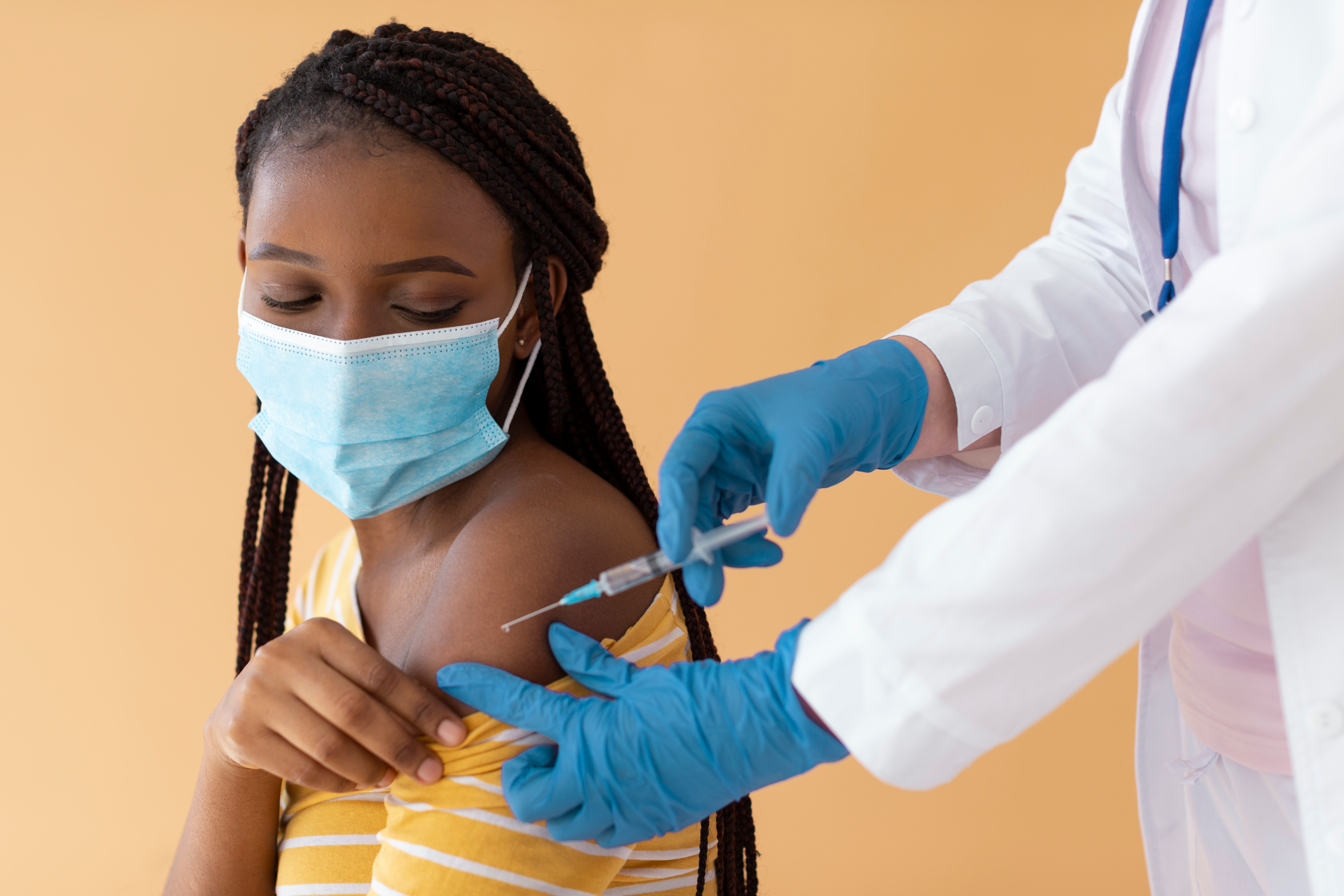
The impact of immunisation has been a topic of research and debate worldwide. Do COVID vaccination influence sex and the menstrual cycle? Some evidence reports that immunisation affects the menstrual cycle, but this impact is temporary and not so significant. Let me explain how it happens.
The people receiving the vaccines reported the period irregularities, but the scientific evidence was lacking. However, some recent cohort studies have explored the truth. Let's go through the results of some of these studies.
Study-1
It was confirmed by a 2022 study published in the Cureus that people receiving both doses of vaccines in the same menstrual cycle experienced a late arrival of periods. The impact on the periods was associated with changes in physical activity and the perceived success score (PSS). However, the effect was found to be transient as it was found that the periods returned to normal after a few cycles.
Besides individual reports, there is, however, no population-level permanent change in the length of the menstrual cycle.
Study-2
Another study was conducted in 2019 and was published in Obstetrics and Gynaecology.
How was the study conducted?
The researchers collected and analysed the data through a tracking application called 'Natural Cycles'. The data was related to thousands of women who were regularly lodging their data in the application. Among the 3959 participants, more than half (2403) received the vaccination, while the remaining 1556 were not vaccinated. The commonly used vaccines were Moderna and Pfizer. Besides the data on the cycle during immunisation, the researchers also collected data from three periods before and after the vaccination.

What did the researchers find?
It was found that the women receiving a single dose of vaccine experienced a minor increase of just half a day in the menstrual cycle compared to the non-vaccinated women. Similar changes were also noted in the non-vaccinated group. However, no difference was reported in the proportion of the people experiencing a clinically significant change of more than 7-9 days in the cycle.
Study-3
Another recent international study involving around 20,000 people who received nine different vaccines has confirmed that the menstrual cycle length and the vaccination are related to each other. However, the average increase was less than 1 day and was clinically irrelevant. For the majority of the participants, this small increase in the length vanished in the subsequent periods.
The study was published in the BMJ Medicine.
The COVID-19 vaccination did induce small changes in the menstrual cycle, but these changes were not significant and were clinically irrelevant. The effects were transient at best and reversed in the subsequent periods.
The menstrual cycle starts from puberty and ends with Menopause. During all these years, the women continue to experience menstrual periods regularly. The menstrual cycle is a continuous process. However, it is influenced by various factors, e.g., sexual activities, the use of some drugs, and COVID-19 vaccination. Moreover, the cycle is rarely so regular, and many women also experience changes.
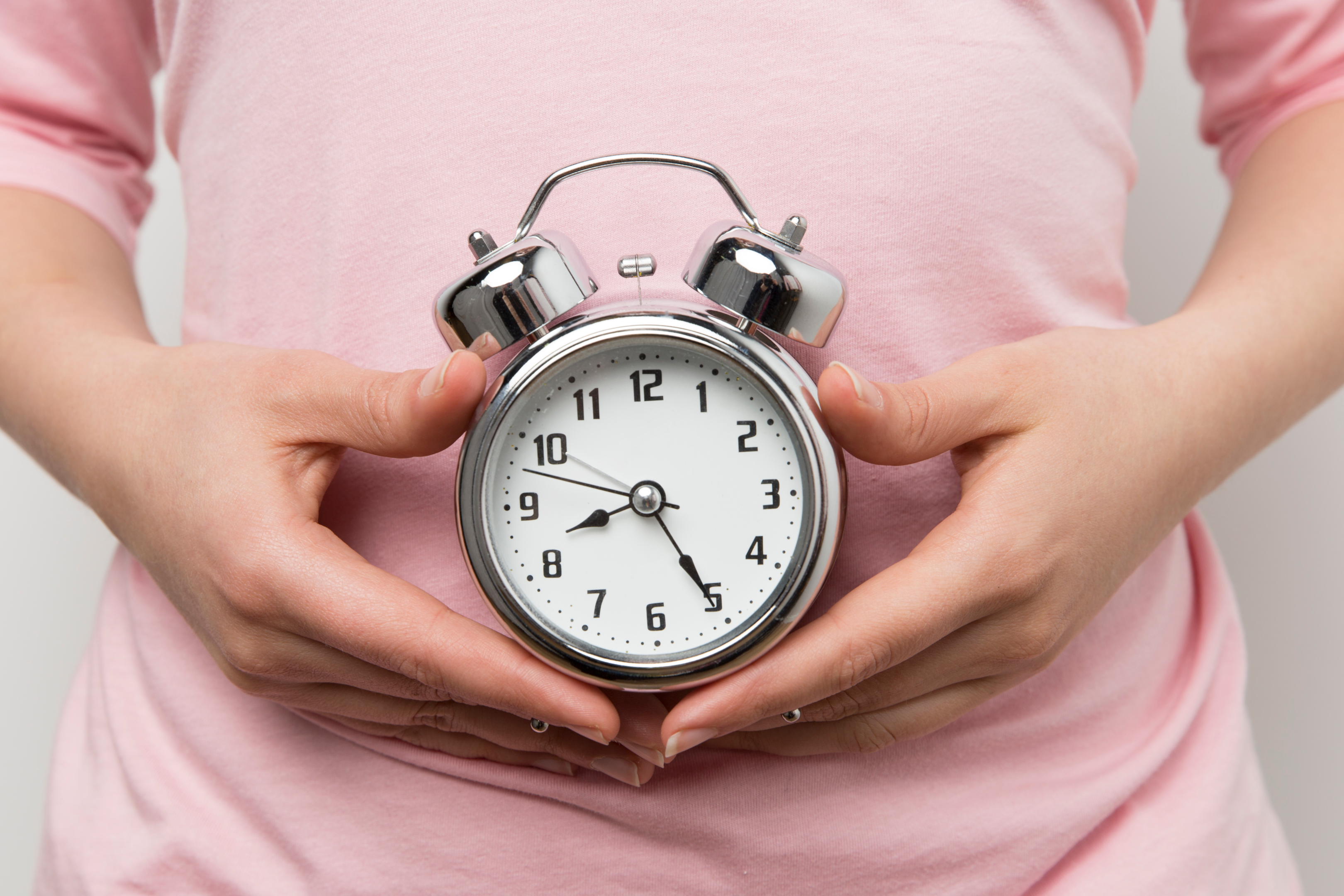
You should continue to monitor the cycle and report any abnormal changes to your doctor. At Welzo, our sexual health experts are available for your guidance. Click here to consult them.
We also have various products related to female sexual health. You may need to consult our experts to order some of the products. Our page also has multiple information pages linked to female sexual health. Click here to visit the Welzo world of female reproductive health.
Keep your menstrual cycle well tuned for optimum reproductive health and well-being.










Plus get the inside scoop on our latest content and updates in our monthly newsletter.